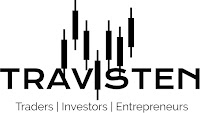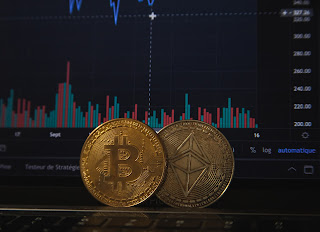It happens to all of us. What began as a calm trading day has now drawn you in. You obsessively monitor every tick on your stocks and execute nonstop trades. You find yourself overwhelmed, frequently stopping and changing your mind about direction and timing. As you reflect on the numerous trades, you should realize that you have entered a dangerous state known as overtrading.
What Motivates Traders to Excessively Trade?
Overtrading can be caused by one or more of the following factors: lack of conviction, fear, greed, frustration, anger, and/or boredom. These elements cause a trader to physically short circuit and have an almost out-of-body mental experience.
Establish Your Trade Criteria
Plan your trade ahead of time by defining your trade criteria precisely. What are the technical pattern setup and trigger parameters? How many shares are you going to put into the trade? Will you enter the trade at different price levels or will you try to lock it in as soon as it triggers? What are your target and stop-loss levels? These are all questions to keep you occupied until the trade comes to you.
Defining your trade criteria will help you determine whether you have a trade or if you are forcing a trade. Trade finds its way to you.
Allow the Trades to Come to You
Being too impatient for fear of losing out or missing out on a trade can cause one to get in too early ahead of the trigger. Multiple stops result, which can lead to frustration and overtrading. Allow the trade to come to you. Locate your setups and select your triggers. When a trade is triggered, execute your strategy. Sit back and wait if it isn't.
Following a Significant Loss Take a Rest
If you have recently suffered a significant loss in the market, you are likely experiencing emotional distress. A large loss is proportional to the trader. A big loss for some perfectionists could be losing 2% on a trade. The justification for taking a break is that you could unknowingly create the need to earn a big profit back. This will manifest as a sense of being wronged by the market, or you may begin to use pronouns such as "they" when discussing how the market has mistreated you.
Only trade a limited number of stocks/cryptocurrencies
This can be extremely difficult for day traders, who may feel the need to trade the markets all day. One way I've been able to combat the fact that I could start over trading is to strictly adhere to my rule of only taking a maximum of 3 trades per day
This number could be 10 trades per day for you so whatever it is, make sure you write it down.
Stay Away From FOMO
Fear of missing out (FOMO) causes you to chase trades past their entry levels in order to satisfy your ego. This leads to impulse trading, which causes you to enter or stay in trades past the exit triggers, resulting in late stops and increased anxiety and frustration, which leads to more overtrading. It's a vicious cycle that needs to be identified and broken as soon as possible.
Overtrading is one of the many factors that can prevent you from achieving significant trading results. You must be honest with yourself and fight your spontaneous side that wants to dictate market terms at all costs.
It's fine to just observe if there aren't any trade opportunities available. Sitting in cash is sometimes not only the smartest option but really the only option.
More Articles Below









